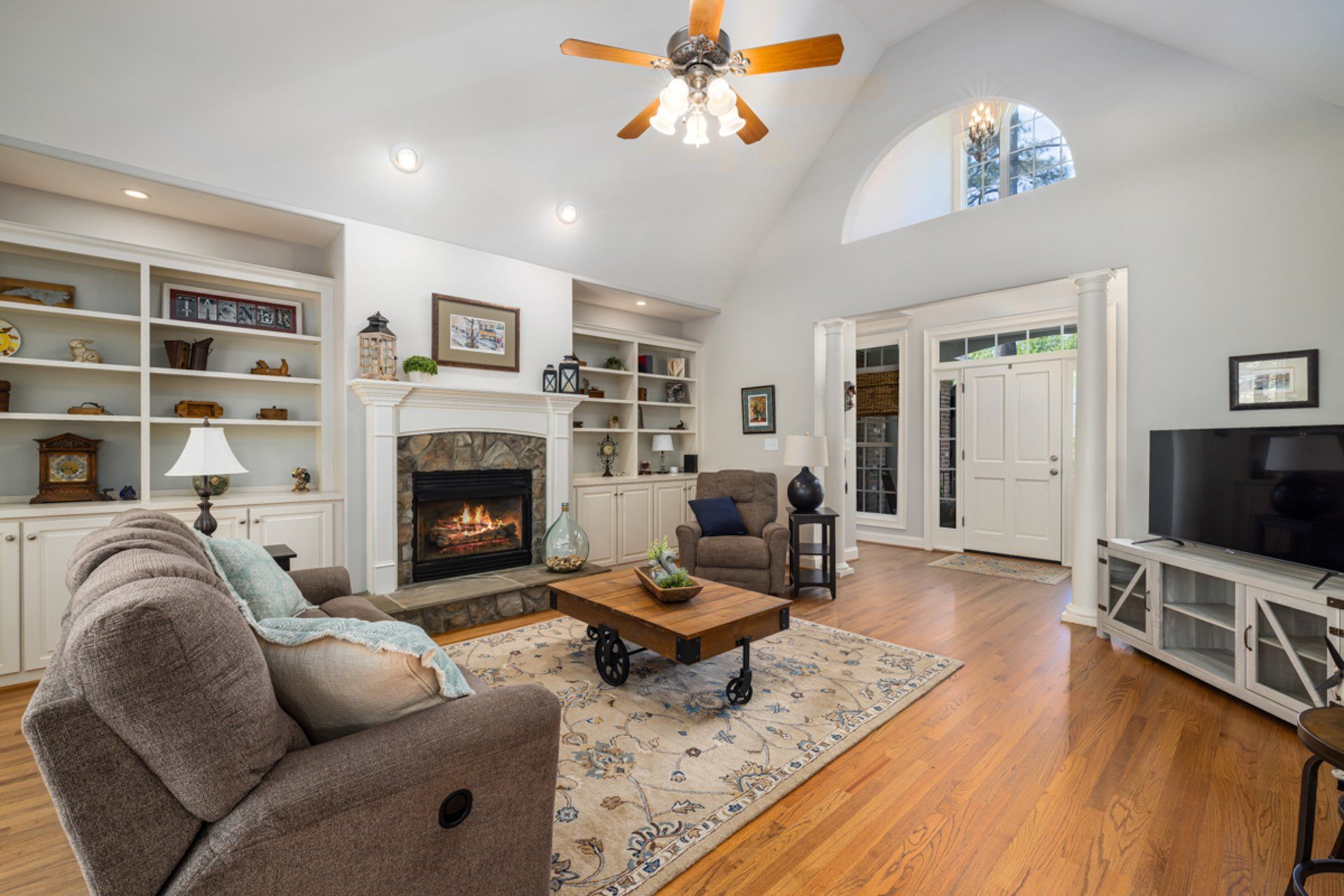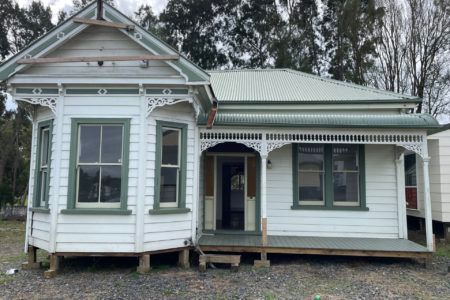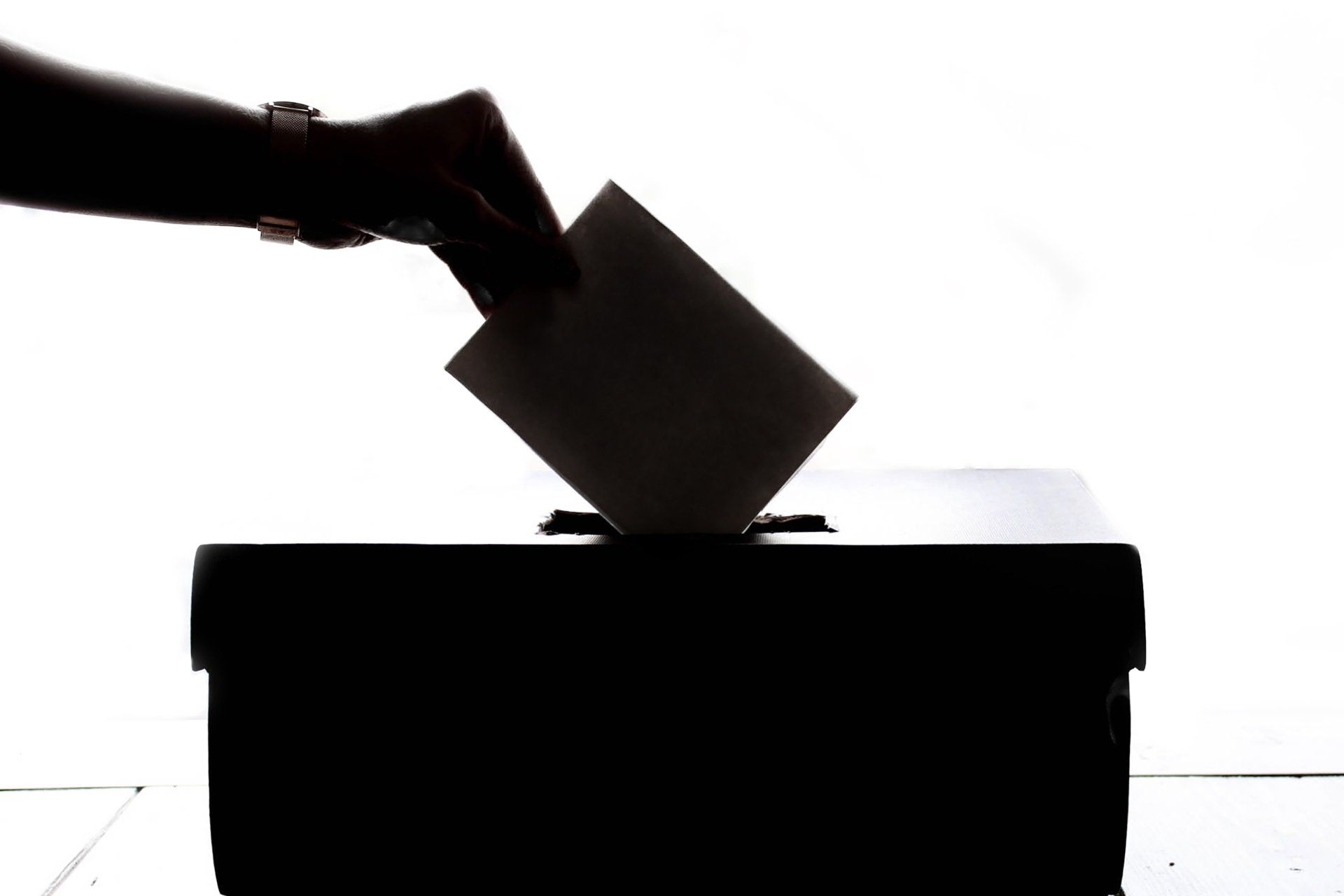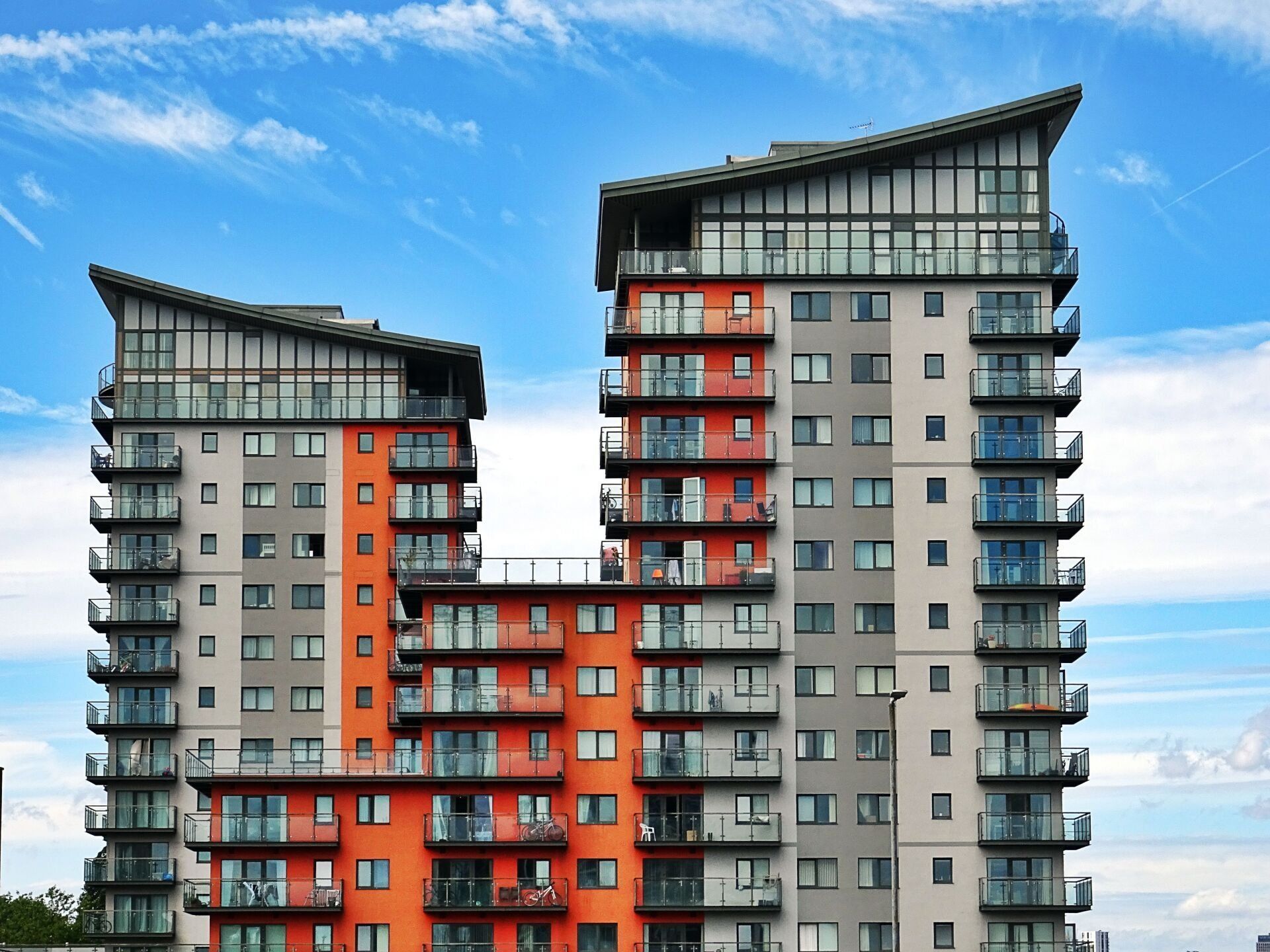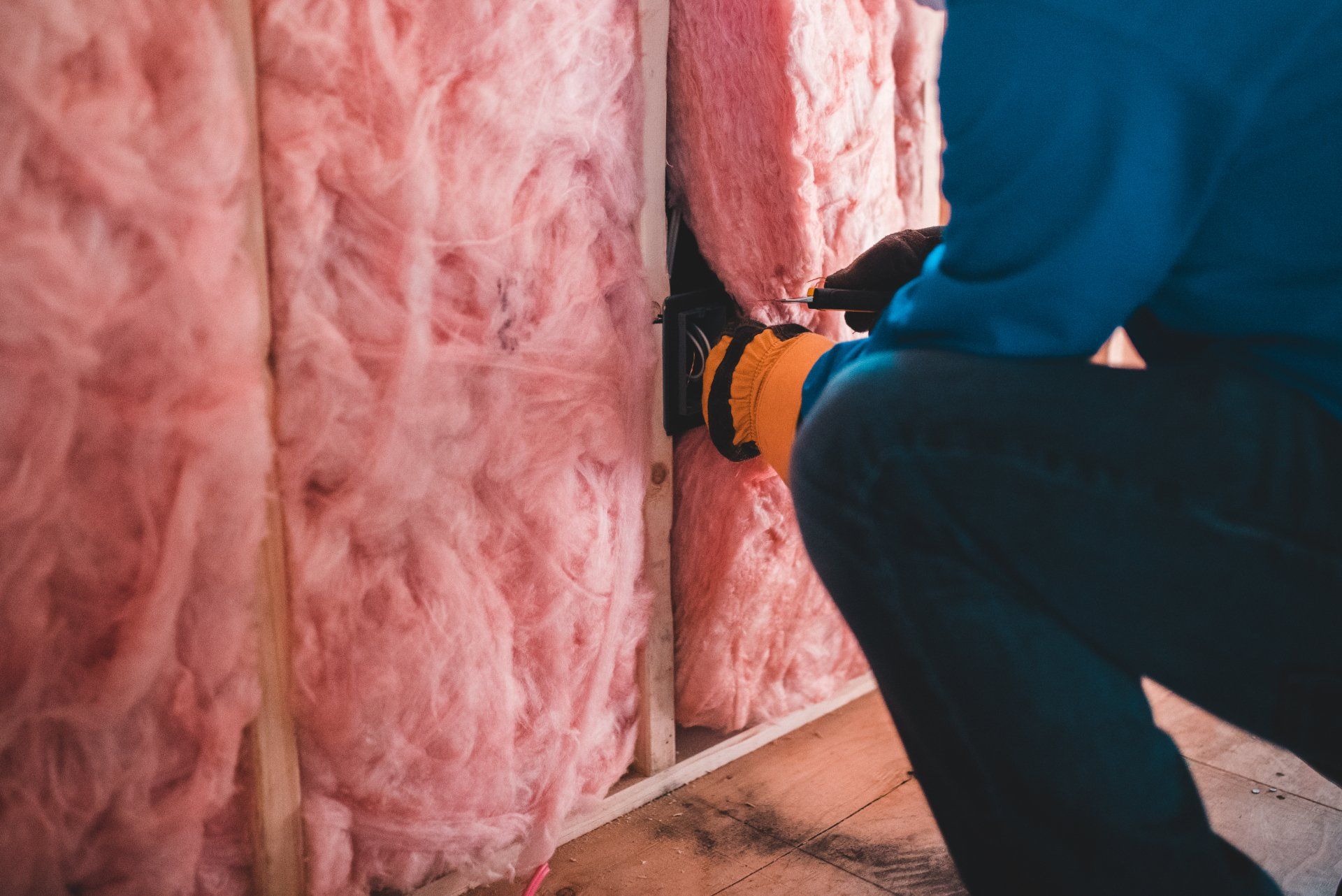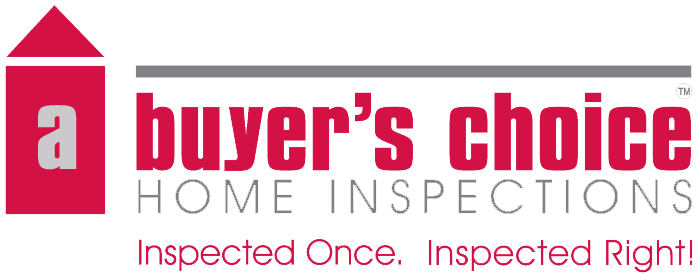Home Heating Systems
Home Heating Systems
Despite the unseasonably warm and dry weather we can expect the true winter to arrive soon. Heating the home to keep it warm in winter can be a major cost. Money spent on good insulation is a great investment. Around 50% of heat in a home is lost through the roof of an uninsulated home and another 15% through the floor.
Insulating the ceiling and under the floor (if there is a crawl space) before spending on heating is the best way to go. In New Zealand the open fireplace of the 1960’s and earlier have well gone. They were very inefficient and produced a lot of pollution from improper combustion of wood or coal.
Wood Burners
Initially the move was to wood burners (glass front) and pot belly stoves. These burnt the wood much more completely (less pollution) and gave out much more heat into the home.
Often such wood burners had a “wet back” system where the electric hot water cylinder had the water connected to the wood burner which heated the water saving electricity A lot of work was involved in stacking, storing and bringing the firewood inside to feed into the burner. Removing ash was another chore.
Electric - Resistance Heaters, Fan, Panel or Bar Heaters
These are clean to use and quickly provide heat. The problem is that they are very expensive to run especially if used to heat a whole house and can be a fire risk if not used correctly.
Gas Fires
The portable gas heater with the bottle of gas (caravan type bottle) are no longer legal to use indoors. This is because without sufficient ventilation odorless carbon monoxide gas can be produced and has led to the death of people by carbon monoxide poisoning.
Fixed gas fires either from street mains supplied or bottle gas (stored outside) have grown in popularity. The gas combustion products go up a flue to the outside. This gas fires produce a flame which looks like a “real” fire, and they are efficient at heating and relative to electricity much cheaper to use.
Heat Pumps
Heat pumps are used for space heating and space cooling. Electric heat pumps are electrically operated, refrigerant-type air-conditioning systems that can be reversed to extract heat from the outside air and transfer it indoors. In the heating mode, the heat pump is generally 3-4 times more efficient in their use of power than simple electric heaters.
Check and clean internal vents of the unit inside the house, which may be wall or floor mounted. The outside compressor unit needs to be checked each year to ensure it is kept free from vegetation. There is a gas refrigerant in this unit and if the efficiency of the unit is noticed to drop off it is worth having an HVAC engineer check for a refrigerant leak.
Solar Heating
Solar heating can help heat water which could be used to heat a home (e.g., underfloor water pipes) but are only useful as an aid to other primary heating methods. Heating is most needed in the winter when there is less sunshine and so solar heating is not so useful then.
Whatever form of heating you use, stay warm this winter.












